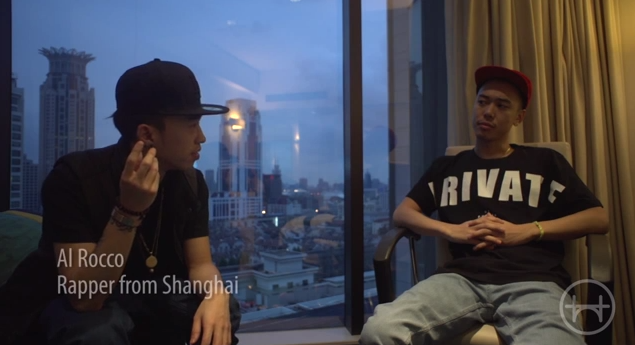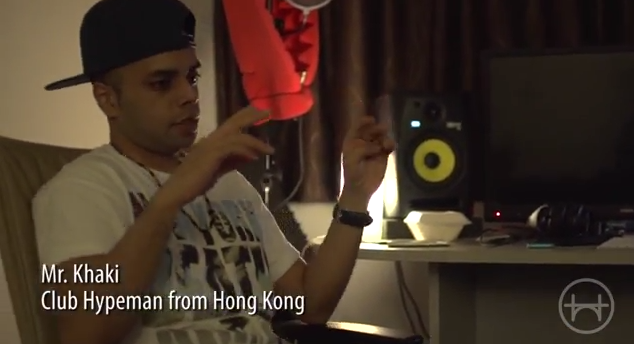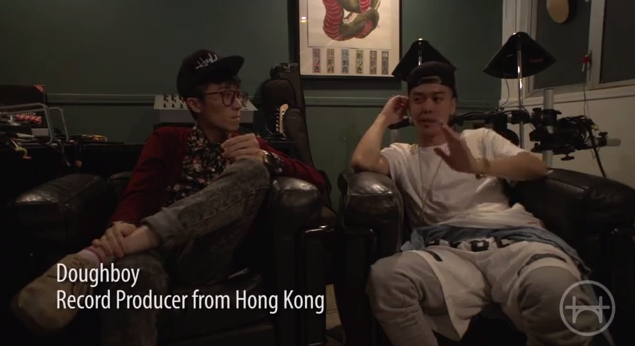Cantonese Rap VS. Mandarin Rap (Part 2: Oogee Woogee goes to China)




T.I.’s slurred vernacular, 2 Chainz pronunciation, and Gucci Mane’s almost unintelligible mumbled verses may be what kept Southern Hiphop’s chokehold on the industry and the air waves for the past decade. But during the ’90s when No Limit Records was the sound of Southern Hiphop, people had their reservations about the sub-genre. Some would call it crude or unpolished compared to the East Coast sound that ruled the day. It’s hard comparing the poetic style of Nas and the perfect cadence of Biggie against the “ughs” of Master P and the awkward delivery of Silkk Tha Shocker. Outkast and Scarface would legitimize the Southern sound further but people still had their apprehensions and would consider rappers from the South to be bamas. Maybe it was the rural subject matter but for many it could have simply been the sonics that created the divide. That Southern drawl may have been off putting to the purists. I thought of all this as I sat in a small recording studio run by our friend in Hong Kong, Mr. Khaki.
I was interviewing him for a feature for OogeeWoogee and he kept referring to Chinese artists as either Mandarin rappers or Cantonese rappers. I knew the dialects existed but I never thought to relate that to Hiphop or realize that it’d be two totally different languages for music. Now, for those of you that don’t know, the Chinese language is broken into many dialects. The differences between the dialects are not as subtle as an American Southern accent compared to a British accent. Chinese dialects seem to be completely separate languages. Mandarin is the most standard dialect used in Mainland China and Cantonese is the next prevalent which is commonly spoken in Hong Kong and southern China. When I realized that there was a clear divide between the two dialects I asked Khaki more about the subject and he was very knowledgable. This subject interested me a lot and I wanted to know what others involved in Chinese Hiphop thought about the matter so I asked about it in every interview I did and got very interesting answers.
The general consensus was that Cantonese is a bit harsh when applied to rap compared to Mandarin. The technical aspects of Cantonese make it difficult to adapt to the rhythmic nature of rap but when done correctly that makes it all the more impressive. The funny thing was that most of the rappers that were saying Cantonese is harder or doesn’t sound as good were Cantonese rappers! That’s Hiphop. There’s a level of “fuck it” that comes into play when you know you’re language isn’t well adapted for this thing but you do it anyway because it’s in you. That. Is. Hiphop. When Big Boi and 3 Stacks started making music they knew they didn’t sound like Rakim or any of those New York rappers but they did not care. In the same way, these Cantonese rappers do not care of they don’t sound as smooth or as pleasant as their Mandarin counterparts. It is what it is and they have to speak for their community just as rappers did as they established themselves during the beginnings of Hiphop in the States.
That’s what this trip would be for OogeeWoogee. We went to China knowing that Hiphop lives there as it does anywhere else but wanted to see what’s so different and how they put their twist on it. There definitely were twists and we learned a lot but was more amazing than the differences were the similarities. We were meeting people on the other side of the world and within the first ten minutes of meeting we would be able to have a conversation, or even better, an argument about Hiphop because we live the same lifestyle regardless of global positioning. Stay tuned to OogeeWoogee and see where this unfamiliar, yet familiar, road took us.
